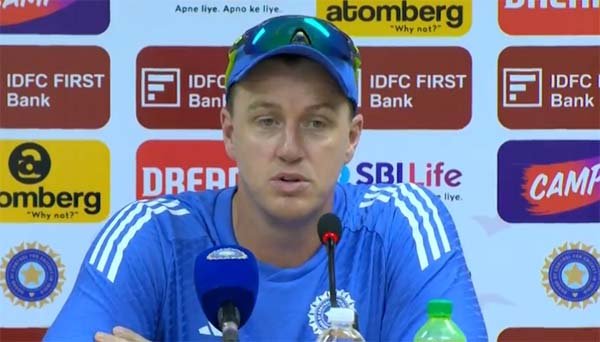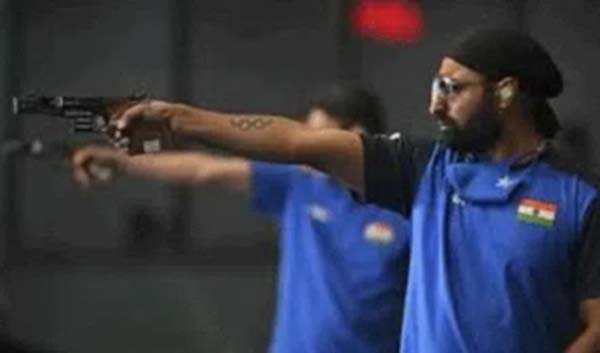New Delhi, Oct 24 (UNI) Without mentioning Pakistan, External Affairs Minister Dr S Jaishankar today launched a strong attack at the United Nations’ handling of terrorism, saying the global body’s credibility is being eroded when powerful member states shield terror groups and block meaningful action.
Speaking at an event marking the 80th anniversary of the United Nations, Jaishankar said the UN’s failure to act decisively against terrorism reflected the larger challenges confronting multilateralism.
“Few examples are more telling than the UN’s response to terrorism. When a sitting Security Council member openly protects the organisation that claims responsibility for barbaric terror attacks, such as at Pahalgam, what does it do to the credibility of multilateralism?” he asked.
He called it “deeply cynical” that victims and perpetrators of terrorism are often equated in the name of global strategy, adding that such attitudes undermine the very spirit of international cooperation.
“When self-proclaimed terrorists are shielded from sanctions, it raises serious questions about the sincerity of those involved,” he said.
He added, “I take it as a statement of our collective attachment to the United Nations at a time when the world is perhaps passing through some of its most difficult circumstances.”
Jaishankar also reaffirmed India’s commitment to global peace, security, development, and multilateralism, while calling for urgent reforms within the United Nations to make it more representative and effective.
Speaking at an event marking the 80th anniversary of the United Nations, Dr Jaishankar said, “India remains committed to the ideals of peace and security, as well as development and progress. India has always been and will continue to be a strong votary of the United Nations, and indeed, of multilateralism.”
The minister, however, pointed out that “all is not well” with the UN system.
“Its decision-making neither reflects its membership nor addresses global priorities. Debates have become increasingly polarised and their functioning visibly gridlocked. Any meaningful reform is obstructed using the reform process itself,” he said, adding that growing financial constraints have further worsened the situation.
“How to sustain the UN even while seeking its re-invention is clearly a major challenge before all of us,” Jaishankar said.
He said the pursuit of international peace and security has increasingly become “lip service,” while the challenges of development and socio-economic progress are more serious than ever. The slowdown in achieving the Sustainable Development Goals (SDG) 2030 Agenda, he noted, is a clear measure of the distress of the Global South, compounded by trade barriers, supply-chain dependencies, and political domination. Marking the UN’s 80th anniversary as a “significant milestone,” Jaishankar said member states must not abandon hope.
“However difficult, the commitment to multilateralism must remain strong. However flawed, the United Nations must be supported in this time of crisis. Our faith in international cooperation must be reiterated and renewed,” he said.
Highlighting India’s role in global peacekeeping, Jaishankar said, “Our commitment to global peace and security is reflected, among others, in our staunch support for peacekeeping. The energies, resources, and sacrifices of our personnel have ensured that the world is a better place.” He noted that India recently hosted a Chiefs of Army Staff Conclave in New Delhi, attended by representatives from 30 troop-contributing countries.











